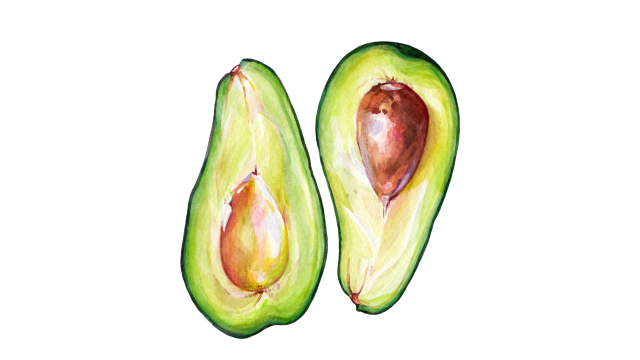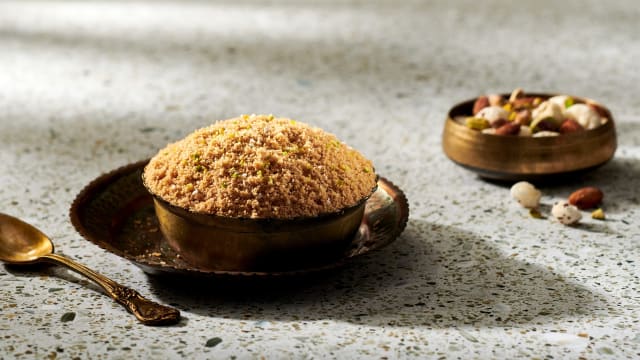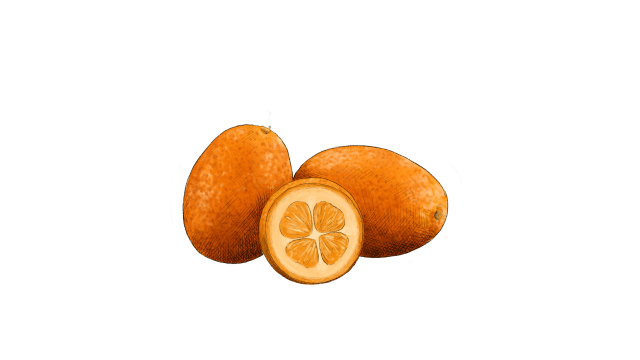Nutrition for Women

What women eat matters. Women’s food choices impact both their overall health and that of their families. And women’s health and nutrition remains a crucial yardstick for measuring development progress of a country.
Across many cultures and continents, women continue to play a primary role in health and nutrition. They also have unique nutritional needs aligned to their reproductive biology that change throughout their life.
Nutrition can play a positive role in women’s lives, from puberty to fertility, pregnancy and lactation, and menopause. Therefore their healthcare must be aligned to factors that impact their reproductive and maternal health, hormonal wellbeing, and ability to combat stress and build fitness.
While a diet based on whole foods and nutrient-dense ingredients is important for overall wellbeing of all people, many of the foods listed benefit women’s reproductive and hormonal health throughout their life.
Reproductive Health
Research has shown that a balanced diet, high in whole grains, unsaturated fats, vegetables, and fruits has a positive impact on women’s reproductive health and fertility. Today one in ten women of childbearing age suffer from PCOS (Polycystic Ovary Syndrome). Food and nutrition are also among the factors that impact fertility.
Experts recommend a diverse range of plant-based foods for women's fertility and reproductive health:
• Fruits and vegetables: Strawberries, mangoes, avocados and vegetables like asparagus, leafy greens and broccoli provide antioxidants, iron, vitamins, calcium, and minerals that may support fertility. These nutrients can help protect the body from oxidative stress and inflammation, which can harm reproductive health.
• Whole grains: The complex carbohydrates found in whole grains can help regulate insulin levels and support hormone balance. Examples of whole grains include brown rice, quinoa, and oats.
• Lean protein: Adequate protein intake is important for fertility. Good sources of lean protein include beans, lentils, Greek yogurt, and eggs.
• Omega-3 fatty acids: These healthy fats can help regulate hormone levels and reduce inflammation. Good sources of plant-based omega-3s include walnuts, flaxseeds, and chia seeds.
• Folic acid: This B-vitamin is important for fetal development and can help prevent birth defects. Good sources of folic acid include leafy greens, fortified grains, and legumes.
• Iron: Adequate iron intake is important for healthy ovulation and fetal development. Good sources of plant-based iron include beans and dark leafy greens.
Amanda Cohen's folate-rich Roasted Beet Salad
Nutrition in Pregnancy
Nutrition is vital to support fetal growth and development. Adequate intake of key nutrients such as folic acid, iron, calcium, and protein are needed as they support the formation of the baby's organs and tissues, as well as the development of the baby's brain and nervous system, help maintain a healthy weight, and reducing the risk of certain health conditions such as anemia.
Nutritionist and dietitian Keri Romerdahl says that the ground rule for adding, "nutrient-dense foods in the form of healthy, unprocessed foods during pregnancy is important." Here are some examples considered crucial during pregnancy:
• Iron-rich foods: lentils, chia, spirulina, chickpeas, and dark chocolate
• Folate-rich foods: dark leafy greens, beans, sunflower seeds, asparagus, beets, citrus fruits, Brussels sprouts, broccoli, banana, avocado, and whole grains
• Sodium: olives, seaweed, cottage cheese, cheddar cheese
• High fiber foods: lentils, avocados, chia, oats, blueberries
• Magnesium-rich foods: nuts, seeds, tofu, dark leafy greens, dark chocolate
• Protein-rich foods: peas and beans, cottage cheese, seafood, eggs, nuts and seeds, soy products
Post-natal health is another significant aspect of women’s health. Post-partum diets place an emphasis on a balance and moderation. Dive into traditional recipes that can help heal and energize. Or turn to family heirloom recipes that soothe and nourish.
Hormones & Libido
When a female friend or family member worries about stress and lack of energy or sleep, listen closely. While the two main female sex hormones estrogen and progesterone control and influence women’s fertility, reproduction, and menopause, they and other hormones also impact mood, weight, and energy levels.
According to holistic gynecologist Dr. Shawn Tassone, one route to wellness for women is to identify their “hormonal profile,” which can give them the tools to feel better and lead healthier lives. According to Dr. Tassone, “Women are around five to eight times more likely to be diagnosed with a thyroid condition than men.” Imbalances in the adrenal gland can cause cortisol fluctuations, chronic inflammation, metabolic disruption, and spike in blood sugar levels.
Hormonal imbalances in women can lead to fatigue, irregular periods, joint pain, depression, cravings for sweet and salty foods, and stress. Adding nutritional yeast, sea vegetables, dark chocolate, pumpkin seeds, banana, spinach, sesame and pistachio may help beat stress.
Nutritionist Nadia Mahmud, RDN, specialist in nutritional genomics and personalized nutrition, explains that “Mood hormones begin in the gut, so keep it healthy and add fermented food to your diet.” Build your own fermentation bar of pickles, kombucha, yogurt, kefir, tempeh, and natto. It’s sure to keep your mood and gut happier. Or tap into ancient culinary wisdom and add herbs like ashwagandha, American ginseng or Eleuthero to your diet for calming those nerves.
Cream of mushroom miso stew by JL Fields
Hormonal health can affect health in many ways, including libido. Nutrition can help balance hormones. Here are some strategies for balancing hormone health through nutrition:
• Include healthy fats in your diet: Healthy fats, called the building blocks for hormones, can be found in nuts, seeds, and avocados, and olive oil and can help support hormone balance.
• Balance blood sugar levels: Fluctuations in blood sugar levels can affect hormone balance, so it is important to eat meals and snacks that include a combination of complex carbohydrates, protein, fiber and healthy fats. This can help regulate blood sugar levels and support hormone balance.
• Avoid processed and sugary foods: Processed and sugary foods can contribute to inflammation and disrupt hormone balance, so it is best to limit or avoid these foods.
• Stay hydrated: Drinking plenty of water can help support hormone balance by keeping the body hydrated and supporting the liver's ability to detoxify hormones.
• Include foods that support circulation: Good circulation is important for sexual function, so incorporating foods that support circulation can help manage libido. Examples include foods that contain nitric oxide, such as beets, leafy greens, basil and garlic, and foods that contain antioxidants, such as berries, dark chocolate, and green tea.
• Consider foods that contain aphrodisiac properties: Some foods have been traditionally used as aphrodisiacs due to their supposed ability to increase sexual desire. Examples include avocado, grapes, figs and bananas, almonds and dark chocolate.
• Address nutrient deficiencies: Certain nutrient deficiencies, such as iron or vitamin B12, can impact sexual function and libido. If you suspect you may have a nutrient deficiency, consult with a healthcare provider or a registered dietitian to discuss testing and potential supplementation.
• Avoid foods that can negatively impact sexual function: Some foods and substances, such as alcohol, caffeine, and processed foods, can negatively impact sexual function and libido. Limiting or avoiding these substances can help.
Menopause
It’s a good time in human history to hit menopause, that final goodbye to reproductive hormones. More women are speaking out about the issues around perimenopause and menopause, and articulating the changes in their bodies and emotions. Societies around the world are examining different ways to approach menopause, especially in terms of nutrition and food choices.
Here are some foods for balancing hormones that support perimenopause and menopause.
• Fiber & Protein-Rich Foods: Dark leafy greens, cherries, cranberries, avocado, coconut oil, olive oil
• Vitamin D & Calcium-Rich Foods: Spirulina, mushrooms
• Magnesium: Seaweed, leafy greens, avocado, nuts, seeds, banana
Ayurveda expert Divya Alter also found that adding ghee to her diet and avoiding pungent and sour foods helped with hormonal stress during perimenopause.
It’s important to celebrate women. And it’s equally important to nourish a healthy population of women around the world.
Key Takeaways
- Prioritize healthy eating at every age.
- Be mindful about hormonal health.
- Learn how nutrition shapes women’s health.





